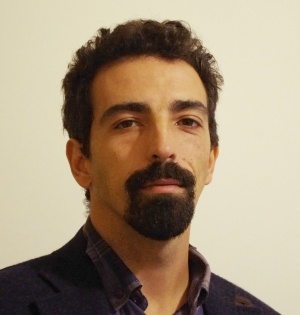Vizinho, A., Cabral, M.I., Nogueira, C., Pires, I. & Bilotta, P. (2021) Rural renaissance, multifunctional landscapes, and climate adaptation: trilogy proposal from grassroots innovation and participatory action research projects. Handbook of Climate Change Management. (ed. by Leal Filho W., Luetz J. and Ayal D.). Springer. DOI:10.1007/978-3-030-22759-3_55-1.
Portugal’s geographical location makes it vulnerable to climate change events like heat waves, wildfires, drought, floods, and sea-level rise. Inland Portugal is a low-density region due to rural exodus and migration. For long years traditional farming has produced cultural landscapes, some of which are classified as nature protected areas and cultural heritage. As climate change is increasing extreme events, temperature, heat waves, drought, and water scarcity, these areas are more exposed to wildfires accentuated by the lack of adequate local fire management and simultaneously facing depopulation and social changes. Preserving these landscapes requires in some cases a rural renaissance approach based on diverse multifunctional landscapes and climate adaptation strategies that enables restoration of ecosystems and an increase in labor and employment based on locals or newcomers. The chapter presents six case studies in Alentejo associated with grassroots initiatives that explore and demonstrate different aspects of how multifunctional landscapes and participatory action research can promote rural renaissance and climate change adaptation. Mértola has a history of integrated local development and is now innovating in solutions to create a local food supply chain and support the diversification of the ecosystem protection and regeneration. Aldeia das Amoreiras developed a participatory model of a dream village and a permaculture design to its implementation. Tamera is an intentional ecovillage focused on peace learning, which has implemented and disseminated an adaptation measure and approach called water retention landscapes. Herdade da Coitadinha, Herdade do Freixo do Meio, and Herdade da Ribeira Abaixo adopted specific climate adaptation plans, and crop plans were designed and implemented with the support of the EU LIFE funding. Herdade do Freixo do Meio is the most visible example and demonstration of diverse multifunctional landscape management in Montado.

